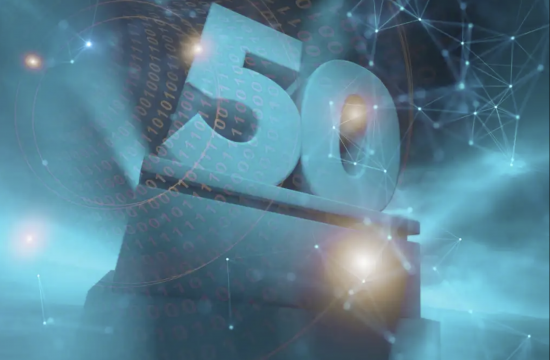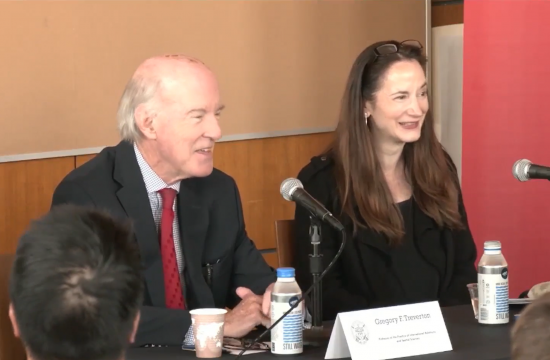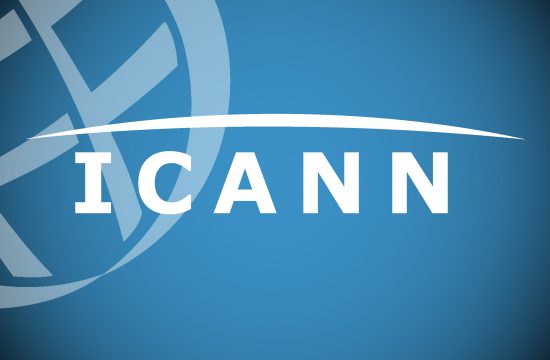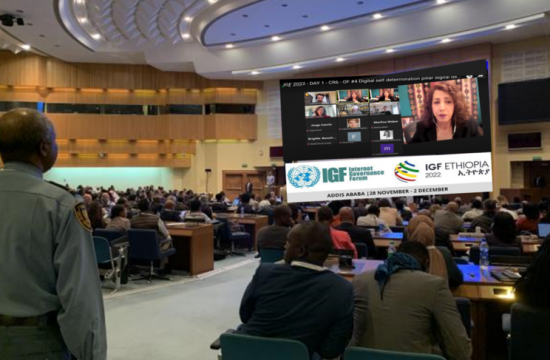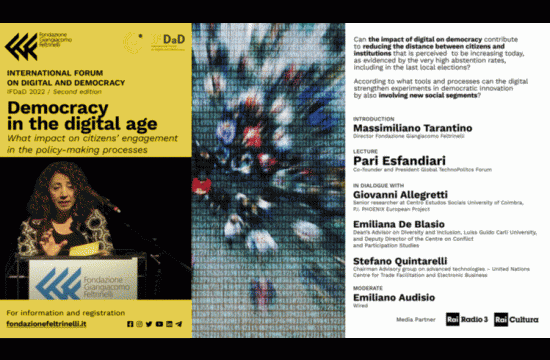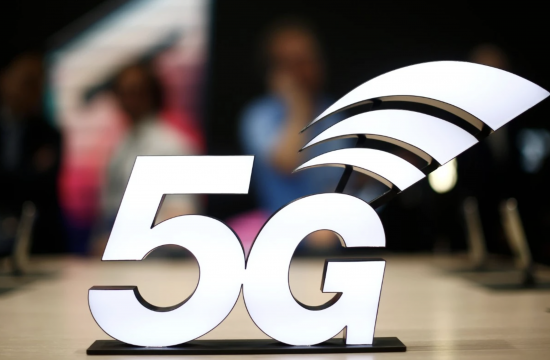A Hermann Vaske Film
European TV premiere on ARTE, on July 19th 2010 at 22:45h.
“The Digital Bomb” is a rollercoaster-ride through the land of digital creativity. Internet-celebrity Tron Guy presents the past, present, and future of the digital galaxies of the Internet: The social galaxy, the commercial galaxy, and the media galaxy.
In the social galaxy, Bernard Stiegler from the Institute of Innovation at the Centre Pompidou in Paris introduces us to the age of the amateur. The social galaxy takes us to Youtube and webstars like technical evangelist Justine Ezarik, awesome Leslie Hall, the “diva-deal” on the Internet and legendary Dino Ignacio, the inventor of “Bert is evil”. In the modern web there is no distinction between your online life and your offline life. We experience the discrepancy of the Net between a great platform where everybody can be creative and its threat to privacy.
In the commercial galaxy we experience why digital creativity holds the key to future of creativity and why for the first time ever, marketing has to be an interactive conversation. We find out what drives digital advertising: Whether it is strategy, or creative, or data. We meet the digital creatives that are actually taking advantage of the new medium that is open and free and full of discourse, like German actress and singer-songwriter Jana Pallaske.
The commercial galaxy features digital creatives like Simon Waterfall and a bull called Derek, creative overlord Benjamin Palmer from the Barbarian Group, inventor of the “Subservient Chicken”, and Iain Tait, who introduces us to “the best job in the world”. As well as Calle and Pelle Sjönell from Sweden, who used New York street musicians and the Internet to bring the band “Oasis” back into the Top Ten.
The media galaxy takes us on a discourse about the death of print and television. A lot of the traditional content industries are broken. The distribution mechanism of the film industry is broken. We know for a long time that the music industry’s distribution mechanism has been broken. One of the exciting things about the Internet is: people are coming up with creative solutions. The cartel of the major networks and studios and big content owners have sort of made things more expensive than they need to be. And the Internet is actually all about free distribution and egalitarian information sharing.
The media galaxy features pioneer bloggers like Anil Dash and Matt Hughey, social news-site gurus like Alex Ohanian and Drew Curtis, David Rowan, editor-in-chief of Wired UK, and last but by no means least Dave Droga, the inventor of the “Great Schlep”.
In the modern web, we have to stay with one foot in communication and with one foot in technology. We cannot rip the wires out of the ground. So we better start swimming or we sink like a stone, as Bob Dylan said. The future of the Internet is going to be more appropriate. It’s going to be more single-minded. And we are going to have more power in our pockets and less size. And so increasingly mobiles will just become keys in a lock, to unlock whatever you need right there.
Pari Esfandiari a technology pioneer discusses power relations in the digital realm. Would the digital world reflect and even exacerbate the current power relations or could it overcome those and offer a more egalitarian environment?



